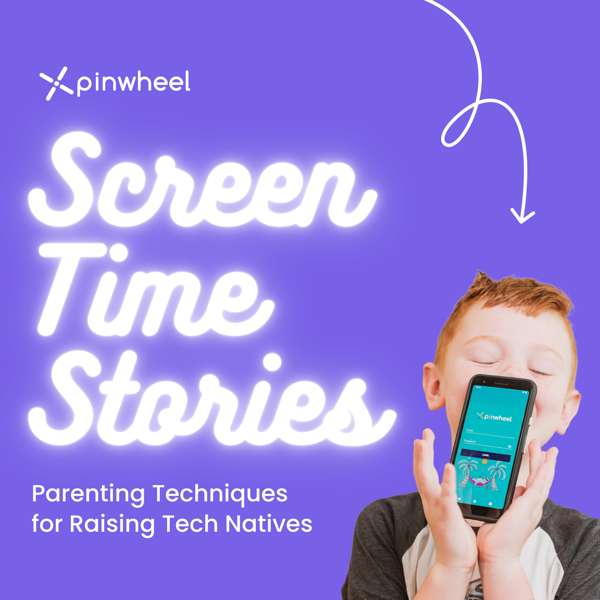The teenage brain is under major reconstruction during the teenage years. There is a window of opportunity to "use it or lose it." What this means is that the brain is doing some major pruning of brain cells.
If you use these brain cells these neural connections will stay. Experience is what causes these neurons to fire and wire together. If you don't use them you will lose them and they will wither away. The neurons that get used repeatedly by experience are wired together into the brain's electrical networks.
If the digital world is not monitored it can be a barrier to your daughter "using it."
It's not that the digital world is bad. There are many benefits.The Internet is a great resource for learning, sharing information, connecting with people, and being entertained.
But how things have changed since we were in high school.The new digital world catches us off guard, because it's unfamiliar territory.
When I was in High School I had a phone with a telephone cord. I could only talk in the kitchen or in my parents' bedroom. There was some built in accountability, but no more.
With the ever-changing apps, instant messaging, texting, skyping, on cell phones, ipad's, and laptops; monitoring your teen can feel like an uphill battle.
Shelly is a therapist and has a daughter who is in middle school. Shelly came to my office extremely upset. She had just gotten her phone bill.
Her 7th grade daughter had sent three thousand texts in the past month and most of them were from midnight to 4am on school nights.
Shelly was shocked, hurt and felt extremely betrayed. Shelly was unaware and unprepared. She didn't think about the addictive side of technology. She didn't consider her daughter's undeveloped PFC, and the dopamine thrill of connecting with boys at night.
Once Shelly was educated about teens and cell phones, she realized it wasn't personal.
Shelly intervened and put the brakes on, and took her daughter's cell phone at night.
There are three big reasons you can "lose it" with electronics, which is too much screen time, inappropriate content, and chronic distraction.
Dr. David Walsh in his book Smart Parenting, Smarter Kidsstates, "Today the average school-aged kid spends more than fifty-three hoursa week watching television, playing video games, or using the computer." Most teens don't get this much sleep in a week.
A huge problem with this amount of screen time is that it is empty brain calories.They are not investing their attention, skills, and abilities in real life. This especially impacts their relationships.
Many moms have complained that when their daughter has a friend spend the night that they barely talk to each other. They can be in the same room texting other friends, or even each other.
As shocking as this is to us, in 2010 Pew Internet & American Life Project found that face-to-face communication fell behind texting as teen's favorite way of communicating with friends.
This causes big problems for brain development. This is a critical time for the teenage brain to wire networks for communication skills, empathic listening and the ability to interpret and respond to non-verbal cues. All of these skills take practice.
Learn more about your ad choices. Visit megaphone.fm/adchoices

 Our TOPPODCAST Picks
Our TOPPODCAST Picks  Stay Connected
Stay Connected







